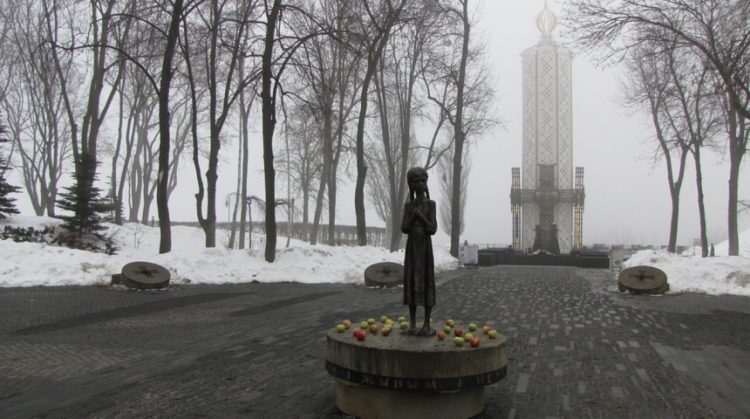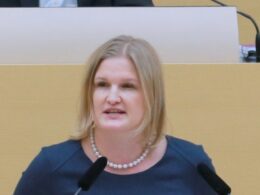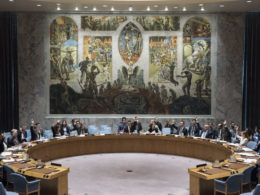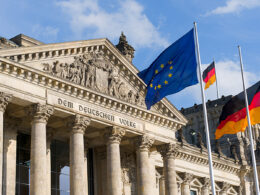Bundestag, the German Parliament, has voted on November 30 for a resolution that recognizes Holodomor a genocide of Ukrainians.
The text of the resolution says that the great famine of 1932-33, known in Ukraine as Holodomor (translated from Ukrainian into English as "death by starvation"), should be considered as "a crime against humanity" committed by the Soviet Union under the rule of Josef Stalin.
According to the resolution, the mass starvation was not caused by poor harvests, but was a result of the desicions taken by the political leadership of the Soviet Union that used hunger as a tool to punish the unloyal population in Ukraine.
The three parties in Chancellor Olaf Scholz's governing coalition, the Social Democrats, Greens, and the Free Democrats as well as the main opposition Christian Democrats (CDU) and allied conservative Christian Social Union (CSU) all voted in favor of the resolution in the Bundestag.
Green party lawmaker Robin Wagener told parliament, "the killing by hunger also had as its aim the political repression of Ukrainian national identity, Ukrainian culture and language." He said that "the parallels with today are unmissable,'' a point echoed by other speakers nine months into Russia's war in Ukraine.
"Russia's current war of aggression against Ukraine stands in this historical tradition,'' the CDU lawmaker Volker Ullrich said, DW reported.
For many years Germany has refused to recognize Holodomor as a genocide of Ukrainians, despite repeated requests of Ukraine's government that called on the German Parliament to consider adopting such a resolution.
Germany follows Romania, Moldova, and Ireland in recognizing the Holodomor as a genocide in November. Altogether, 23 countries now recognize the Soviet man-made famine as genocide of Ukrainians.
Romania, Moldova, Ireland recognize Stalin’s Holodomor famine as genocide of Ukrainians
The Holodomor was one of Stalin’s intentional policies regarding the Ukrainian population, an act of coercion and intimidation, an answer to the disobedience and resistance of Ukrainians against the coerced collectivization with which the totalitarian empire of the Soviet Union was to be built.
According to the research results of the Ptukha Institute of demography and social studies, 3 million 530 thousand people died from Holodomor in 1933. In 1932, 250 thousand died from starvation, and in 1934 – about 160 thousand. Overall, in three years – 3.9 million died, and 0.6 million more of the unborn, or, as they are also referred to, “indirect losses.” I.e., overall 4.5 million Ukrainians were lost due to the Holodomor of 1932-1933.
-
Find out about the Holodomor at a glimpse: Holodomor: Stalin’s genocidal famine of 1932-1933 | Infographic
Throughout decades, the topic of the Holodomor was tabooed. In Soviet times, the communist crime was hushed up. Only on 28 November 2006, Ukraine’s parliament recognized the Holodomor as genocide. Many other governments did the same.
Genocide refers to intentional actions aimed at the total or partial destruction of particular groups of the population or entire nations based on national, ethnic, racial, religious or religious motives. Examples of genocides include the Holocaust, the Armenian Genocide in Türkiye (1915-1923), the genocide in Rwanda (1994), the genocide in Srebrenica (1995).
One of the coauthors of the legal definition of genocide, Rafael Lemkin, considered Holodomor a classical example of a Soviet genocide, the longest and widest attempt to Russify and destroy the Ukrainian nation.
See which countries recognize Ukraine’s Holodomor famine as genocide on an interactive map




